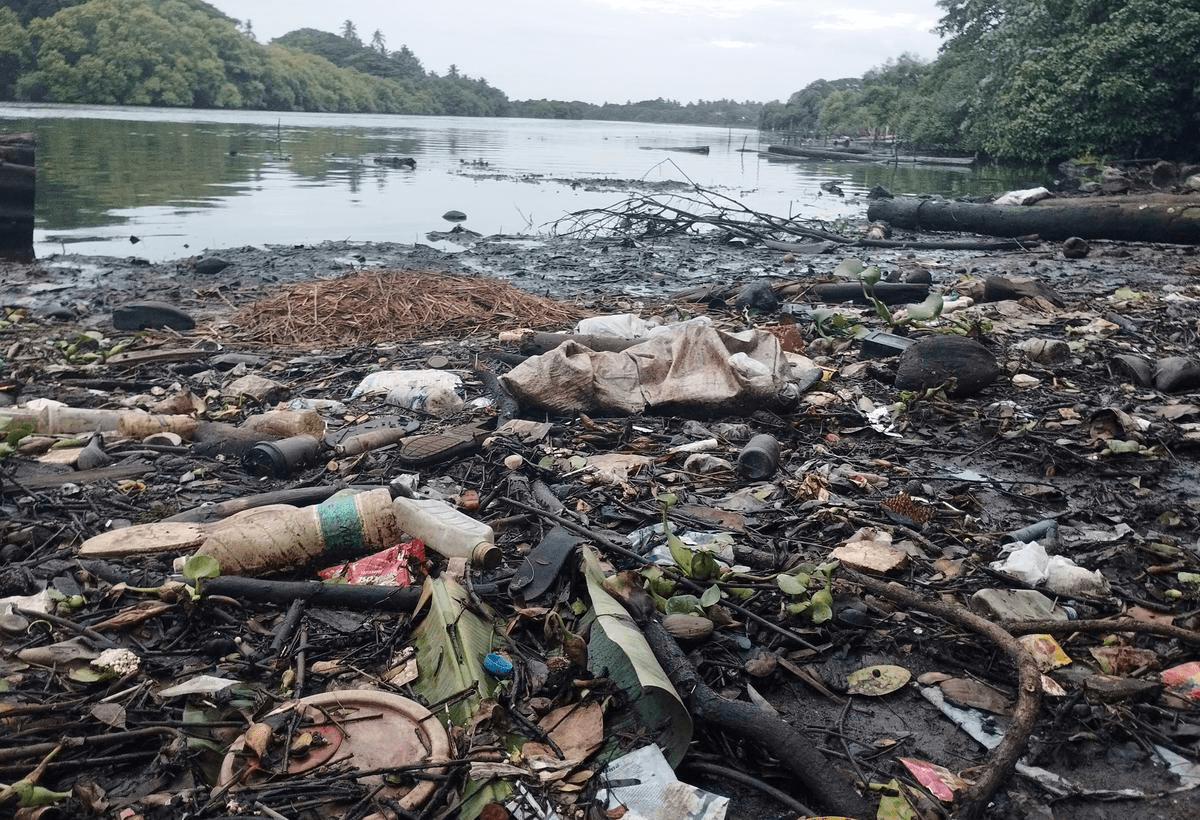- Call Us: +91-9448034117
- Email: admin@reepfoundation.org
Clean Kallayi, Clean Kozhikode

Clean Kallai & Clean Kozhikode - An integrated effort to prepare a Master Plan.
Once upon a time the textbooks of Kerala carried a proud statement about the
significance of Kallai as the world’s second largest market in timber trading. In the present
scenario, one has to genuinely doubt about the veracity of such a statement. However, Kallai
still shoulders the remnants of a massive timber yard even today inside the stagnant, shallow
black water-logged area, once known for its panoramic riverine landscape.
Raised: ₹6,500
Goal: ₹10,000
50%
Key Points
- As of now Kallai is a different story. According to the Central Pollution Control Board, Kallai river is adjudged as the most polluted river in Kerala pushing aside Karamanayar of Thiruvananthapuram to the second position. The norms provided by the National Water Quality Monitoring Programmes (NWMP) were nowhere near the statistics collected from Kallai river. The Biological Oxygen demand (BOD) that determines the level of oxygen in water, for Kallai is 12.8. milligrams, while the admissible level is three milligrams. The Faecal Coliform Count (FC Count) that determines the amount of faecal matter in the water is 4,10,000 to 4,40,000per milliliters in Kallai, while the admissible figure is 2500 per 100 milliliters. The FC count has even gone up to 7,90,000 a year before. (As per The Hindu newspaper report) This proves that toilet wastes are directly pumped into the river by many of the adjoining residents. This is a criminal act and a gross violation of rights.
- Added to this, the dumping of solid waste on the banks of the river, large scale encroachment of the revenue lands, un-surrendered lease properties possessed by private holders in the name of past and closed industrial units etc, are inflicting heavy damage to Kallai river. The efforts of the locally constituted River Protection Council also have not found results. Though a High Court order is prevailing to evict the encroachment, the authorities failed to execute the order. A good amount was set apart to desilt the river by the Corporation and the State Government. But this work also could not be carried out due to various reasons. It is reported that an amount of about 17.5 crores rupees was allocated by the Corporation and Irrigation Department for the last few years which could not be spent due to local resistance.
- The threat faced by Kallai river in terms of pollution is multipronged. The water quality is deteriorated by dumping of timber inside the river, though timber trading is not a prominent business now at Kallai. Seasoning of timber logs by keeping under water is an outdated procedure not to be adopted in thickly populated areas like Kallai. Similarly, the dumping of coconut husk in river for processing coir fibre is to be discouraged in thickly populated areas as a pollution control measure. Another issue in Kallai is the direct connections of faecal sewage to the river. Yet another issue is the encroachment of the riverbanks and dumping of solid wastes. Many are using the river banks as storage grounds of garbage materials.
- The Kallai river is connected to Elathur river in the north by the famous Conolly canal, the name known after the erstwhile Collector of Malabar in the British Presidency. Unfortunately, the Conolly canal also is equally polluted like the Kallai river and the ‘bleeding shame’ spreads out to the whole of the city. It is learnt that Kozhikode is going to lose one of her major projects in FSTP (Faecal Sewage Treatment Plant) since the promoters have withdrawn from their earlier proposal. This is going to worsen the hygienic condition of the city. Hence it is high time that Kozhikode should seriously think of finding a comprehensive solution for pollution issues of the city. This proposal is intended for initiating such a move.
- Kerala boasts of her top position in many aspects. Unfortunately, Kerala cannot claim as a clean city with in three hundred numbers in the ranking for city hygienity in India. The cleanest city in India as per Central Government norms is Surat of Gujarat followed by Indore of Madhya Pradesh and Navi Mumbai of Maharashtra. Kerala cities do not find a place in the ranking till the numbers cross three hundred. Needless to say, it is a shame for Kerala and especially to Kozhikode which is crowned as the city of literature by the UNO. If the citizens of Kozhikode decide, the target of making Kozhikode one among the neatest ten cities of India is not a mission impossible.
To achieve this goal, this proposal is submitted:
“Clean Kallai & Clean Kozhikode- an integrated effort to prepare a Master Plan”
REEP FOUNDATION
